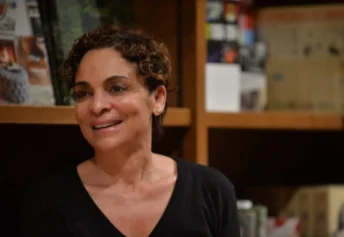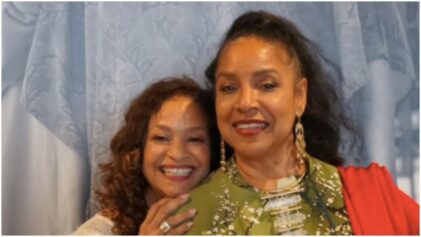A Black History Month segment is revealing the moments some leading Black voices realized their blackness.
The “CBS This Morning” segment included appearances from authors and actors along with one key civil rights figure.
Writer Jacqueline Woodson said it was a certain James Brown song that was released in the years following the Jim Crow era that made her realize the beauty of blackness.
“I think the first time I realized I was Black and that it meant something was hearing James Brown say, ‘Say it loud, I’m Black and I’m proud,'” she says. “It was a moment of realizing that Black was beautiful and having come from the south and coming from a Jim Crow south into that moment, it was everything.”
For civil rights icon Rep. John Lewis, his realization of his difference came from a more somber place during Jim Crow.
“I saw the sign that said, ‘white men, colored men, white women, colored women,'” he says. “I knew that I was different. We have to tell the story. We have to make it plain so people can feel it. So people can be inspired.”
Elsewhere, stars like Debbie Allen and Jesse Williams discussed the importance of creativity in Black life. Allen remarked on the necessity of joy for creativity to thrive while Williams said the outlet was a way for enslaved ancestors to survive “and hopefully thrive.”
Part of that creativity is accomplished through storytelling, which author Jason Reynolds said can make the community “more emboldened.” That includes making books and movies like “The Color Purple” and “Do The Right Thing.”
“We’ve been doing this for hundreds of years,” said “Mudbound” director Dee Rees. “So this is just using the new accessibility, using the new venues to keep telling the kind of stories that we’ve always been telling.”
And each person has different uses for storytelling.
While Williams says he uses it to “discover the humanity and the necessity for full citizenship” for Black Americans, Woodson says it was Brown’s 1968 single that led her to write adolescent books about the Black experience “without apology.”


